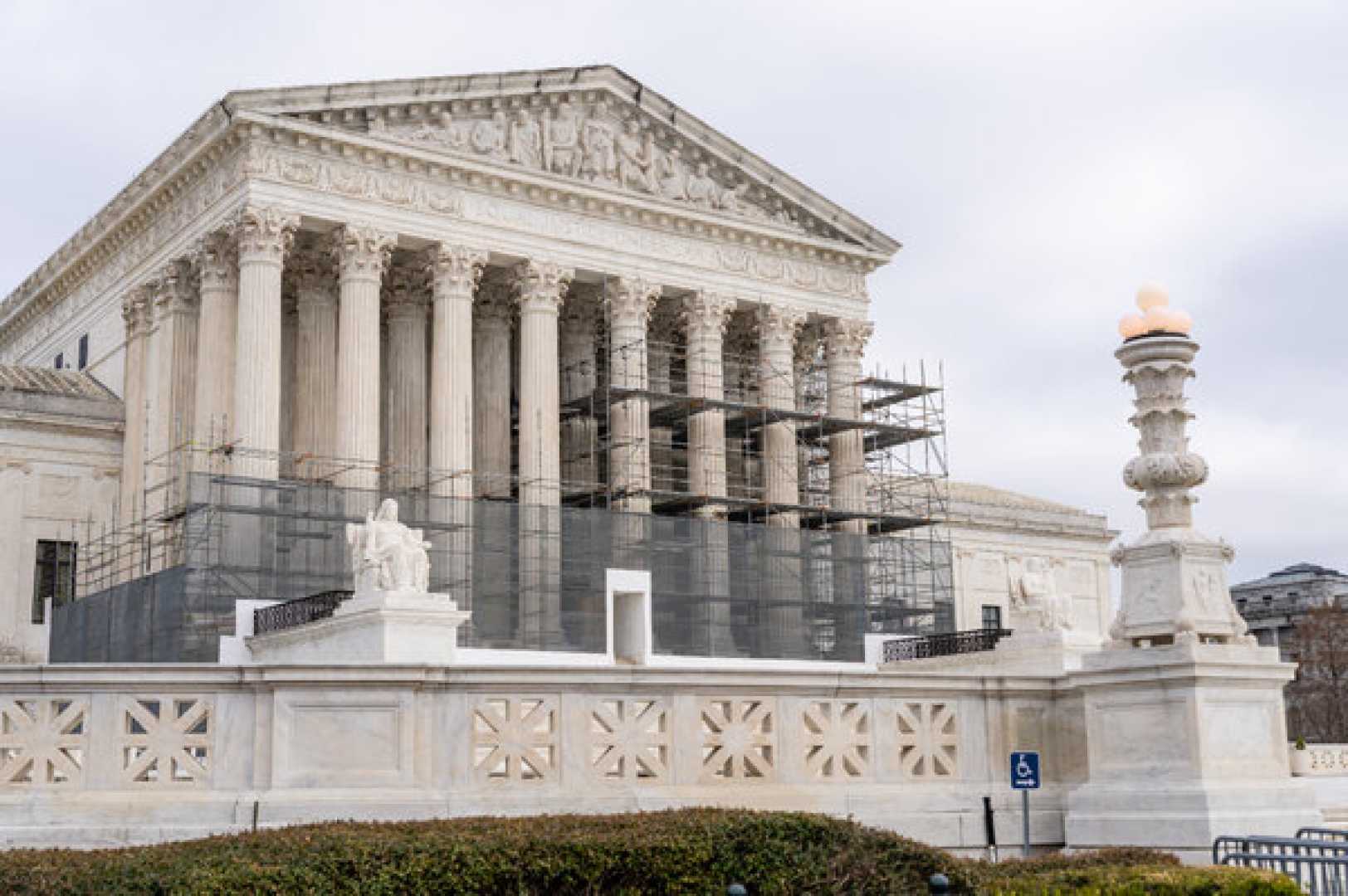News
Supreme Court Halts Oklahoma’s First Religious Charter School

WASHINGTON (AP) — The Supreme Court on Thursday effectively ended a publicly funded Catholic charter school in Oklahoma, issuing a 4-4 split decision that upholds a lower court’s ruling. This ruling invalidates a state charter school board’s approval of the St. Isidore of Seville Catholic Virtual School, which would have become the nation’s first religious charter school.
The outcome maintains a decision from an Oklahoma court and leaves the matter unresolved on a national level. The court’s one-sentence announcement brings a lack of clarity to one of this term’s most closely watched cases.
The Catholic Church in Oklahoma sought state funding for the online charter school, claiming it would be “faithful to the teachings of Jesus Christ.” Opponents argued that this would blur the lines between church and state, divert funds from public schools, and possibly alter the regulations governing charter schools across the country.
Only eight justices participated in the case, as Justice Amy Coney Barrett was absent. She has not clarified her absence but shared connections with an adviser to the proposed school.
The court did not disclose the vote breakdown, but reports indicate that four conservative justices were likely to side with the school while three liberal justices opposed it. Chief Justice John Roberts’ vote appeared to be critical, suggesting he aligned with the liberal justices to maintain the 4-4 deadlock.
This case arose amid wider efforts, particularly in conservative states, to integrate religion into public education. Included in ongoing debates are proposals such as mandating the posting of the Ten Commandments in classrooms and requiring the Bible to be present in school settings.
St. Isidore planned to begin classes for its first 200 students last fall, with an agenda focused on delivering Catholic education.
A significant question remains whether the charter school is considered public or private. In Oklahoma and 45 other states, charter schools are regarded as public entities. They are subject to state funding, non-discrimination laws, and oversight but operate independently from local school districts.
Proponents of religious charter schools emphasized that the Supreme Court’s decision only affects Oklahoma. “Oklahoma parents and children are better off with more educational choices,” stated Jim Campbell, legal counsel for the Oklahoma charter school board. He expressed disappointment but noted the decision does not set a precedent.
The American Civil Liberties Union and Americans United for Separation of Church and State supported the ruling, affirming the constitutional distinction between public and religious schools. “A religious school cannot be a public school,” said ACLU director Daniel Mach.
Responses from Oklahoma officials varied. Republican Gov. Kevin Stitt and state School Superintendent Ryan Walters indicated that the struggle over the charter school is not finished. Stitt predicted that the issue would resurface in another case with Barrett potentially breaking future ties. In contrast, Attorney General Gentner Drummond described the split decision as “a resounding victory for religious liberty,” ensuring taxpayer funds wouldn’t support religious schools.












